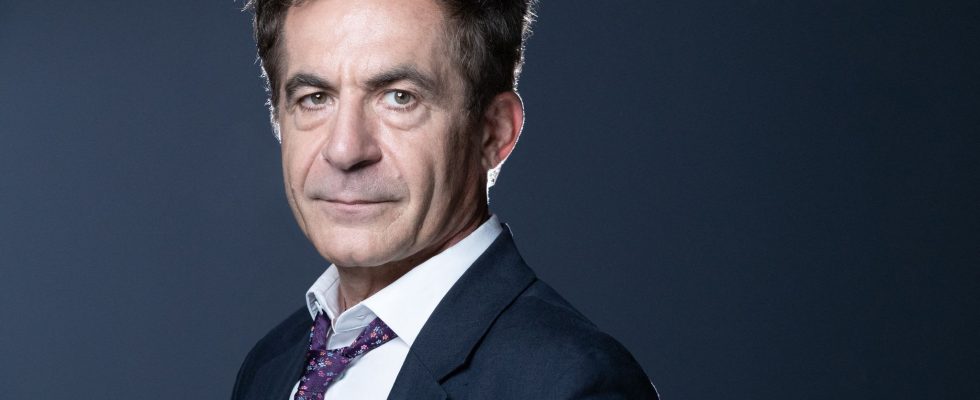The tendency to have an uninformed opinion about everything and to spread it urbi et orbi is gaining strength. In its wake, it distils in particular the idea that science would only arise from one belief among others: it would be a sort of Church issuing publications like the Popes’ bulls, that non-believers would have every reason to to challenge, but also to fire off sweeping comments. A sort of scientific populism is thus established (or rather “cognitive demagogism”, as Gérald Bronner would say), characterized by the putting forward of intuitive or purely subjective points of view, with succinct argumentation and a peremptory tone, on all sorts of very complex subjects. In this context, those who shout the loudest, show off the most or have a bloated ego, are offered a nice bonus.
I know well that there is no precise definition of science, because science is not one. The sciences differ in their objects, their means and their methodologies. However, whether it is physics, biology, medicine or sociology, they all respond to this characterization hammered out by the Austrian philosopher Karl Popper (1902-1994): they progress through the collective organization of scientific controversies. In other words, they are not a matter of individual proclamations, but proceed from “the friendly hostile cooperation of the citizens of the knowledge community”.
To be able to be called “scientific”, a result must first be passed (before being put on Twitter!) under the caudine pitchforks of “peers”, which provokes discussions, even Homeric disputes which can last a very long time. . Of course, this does not protect against possible more or less persistent errors, since scientists are incapable of emancipating themselves from the human condition: they can make mistakes, fail to appear objective, be influenced by multiple biases (cultural, philosophical, ideological), cheating, lying, even delirious. But it is thanks to this preliminary test, and not through a personalized disinterested cure that would be imposed on its actors, that science can finally claim to have made a “piece of reality” speak, in a more or less clear way. The objectivity of science is therefore never spontaneous, nor does it arise from the individual objectivity of scientists: it is always the result of a slow and laborious collective objectification.
Science and research are two different things
Unlike the spectacle given during the Covid-19 pandemic, a researcher is therefore someone who, speaking publicly, should say: “We know that… and we wonder if…” The first part of the sentence concerns science , the second searches for it. Science and research are two different things, even if, of course, they are not foreign to each other. The sciences represent bodies of tested knowledge, which there is no reason – until further notice – to call into question, unless we have scientific arguments to do so: the Earth is round , the atom exists, the observable universe is expanding, animal species are evolving, etc. But this knowledge, due to its incompleteness, poses questions whose answers are not yet known: why did antimatter, present in the primordial universe, disappear in the current universe? Does extraterrestrial life exist? Dark energy? Answering those questions that we know we don’t yet know how to answer – that’s the goal of research.
By nature, this therefore has to do with doubt (a very particular doubt, however), while the sciences are made up of acquired knowledge that is difficult to call into question without solid arguments. When this distinction is not made, the image of sciences, wrongly confused with research, becomes blurred and deteriorates: they give the impression of being a permanent fight between experts who never manage to reach an agreement. . They also give the feeling of being torn between excess modesty and excess arrogance, because their relationship to the truth then appears contradictory: on the one hand, they assert with confidence that they can achieve it; on the other, they claim systematic doubt. From the outside, of course, it’s a little hard to follow…
* Etienne Klein is a physicist, research director at the CEA and philosopher of science
